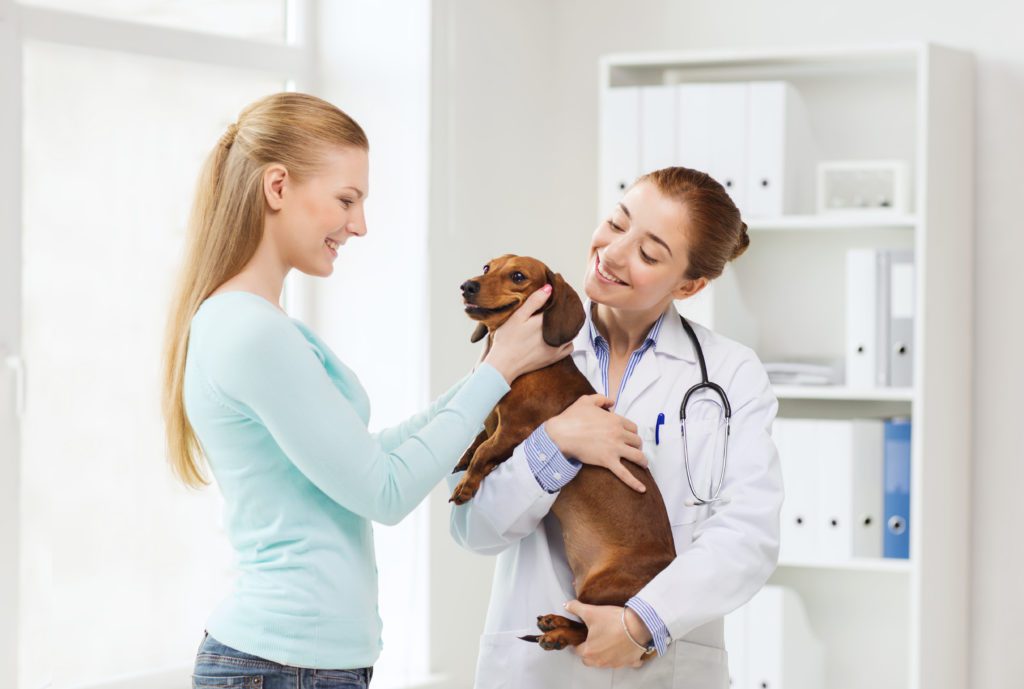 Canine parvovirus (also called parvo) is a highly contagious and potentially fatal virus seen in puppies and dogs. Most commonly, parvovirus causes serious inflammation of the stomach and intestines.
Canine parvovirus (also called parvo) is a highly contagious and potentially fatal virus seen in puppies and dogs. Most commonly, parvovirus causes serious inflammation of the stomach and intestines.
About Parvovirus
Canine parvovirus is highly contagious and can survive for several months in the environment. Infection can occur directly through contact with infected dogs, their feces and also through indirect contact with contaminated surfaces and objects such as shoes.
Signs and Symptoms of Parvovirus
If parvovirus is the cause, early treatment is essential.
Common signs of parvovirus include:
- Vomiting
- Diarrhea (may be bloody) Lethargy
- Loss of appetite
- Fever
Confirmation of the diagnosis is through detection of the virus in a fecal sample via a quick test kit at your veterinarians or a blood test.
Preventing Parvovirus
Vaccination is the best defence against parvovirus. All dogs should be vaccinated! Your vet will recommend a course of vaccinations suitable for your dog. Puppies will need 3 sets of vaccines before they are fully immune. Therefore, you should not allow your puppy or adult dog to come into contact with the fecal waste of other dogs while walking or playing outdoors. Parks especially need to be avoided unless fully vaccinated.


